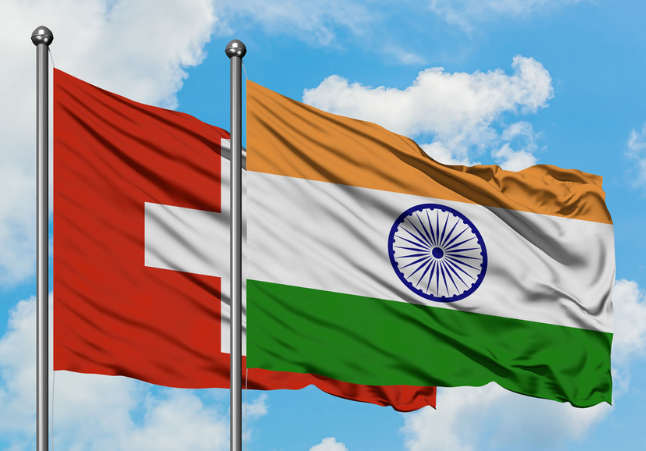Withdrawal of MFN status to make Indian exports more expensive and less competitive in Switzerland
Switzerland is a significant trading partner for India in Europe. The withdrawal of MFN could reduce India’s ability to export high-value goods and services
The withdrawal of Most Favored Nation (MFN) status for India by Switzerland could significantly impact Indian businesses, especially in terms of trade competitiveness, costs, and market access.
The potential consequences of the Swiss decision will be felt by Indian exporters who will face higher import tariffs in Switzerland compared to competitors from countries that still enjoy MFN status.
The key sectors that are bound to feel the pinch are pharmaceuticals and biotech. These account for a significant portion of India’s exports to Switzerland. Higher tariffs could make Indian generics and APIs less competitive.
Indian textiles and apparel sector will be affected as Swiss consumers may opt for alternatives from other MFN nations. India’s jewelry exports could suffer, as Switzerland is a key hub for luxury goods.
Switzerland may impose non-tariff barriers like stringent quality checks, certifications, and additional compliance requirements, increasing the cost of doing business. Small and medium enterprises (SMEs), which form the backbone of India’s export sector, may struggle to meet these heightened standards or absorb additional costs.
Switzerland is a significant trading partner for India in Europe. The withdrawal of MFN could reduce India’s ability to export high-value goods and services.
In 2023, India exported $1.8 billion worth of goods to Switzerland, including pharmaceuticals, textiles, and engineering products. Indian businesses may see their export volumes to Switzerland decline, impacting revenue and growth.
There will also be negative ripple effects on FDI. Switzerland is a major investor in India, particularly in sectors like finance, technology, and engineering. A loss of MFN could strain trade relations, making Swiss companies hesitant to invest in India. This could slow down technology transfers, limit job creation, and reduce the growth of Indo-Swiss joint ventures.
Swiss exports to India (such as machinery, watches, and chemicals) could become more expensive if India retaliates with higher tariffs. Indian industries relying on Swiss machinery or raw materials may face cost increases, affecting their production and pricing.

The impact on services exports will also be strong. Indian IT and consulting firms providing services to Swiss companies could face regulatory hurdles or reduced demand due to strained trade ties. The result will be loss of revenue from a high-value services market.
There would also be implications for FTA Negotiations. India and Switzerland have been discussing a Free Trade Agreement (FTA) under the European Free Trade Association (EFTA). A withdrawal of MFN could delay or derail these negotiations. In that scenario Indian businesses lose potential long-term access to preferential trade terms in the Swiss market.
In response, Indian businesses may seek alternative markets in Europe, Asia, or Africa to offset the loss of Swiss demand. But diversification requires additional time, resources, and relationship-building, which may not be feasible for all companies.







